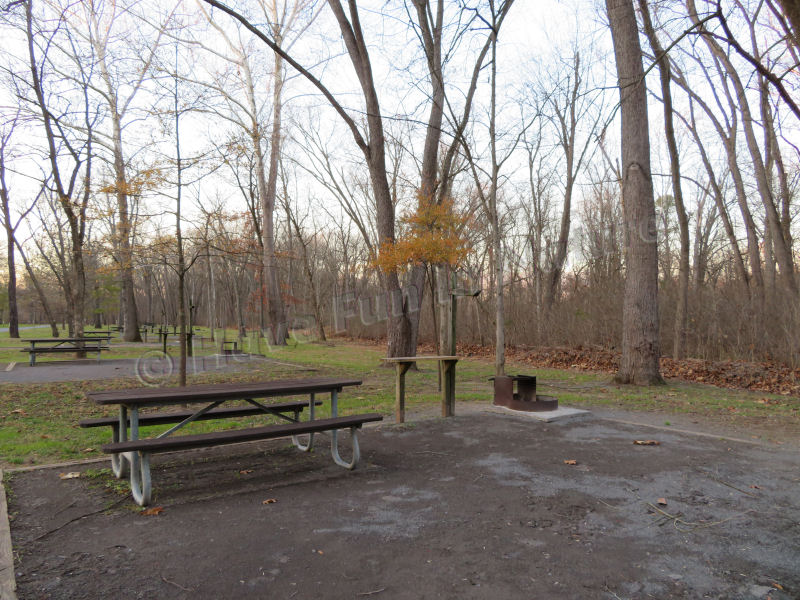As human beings, we have a natural connection to nature.
Whether it's hiking through the forests, basking in the warmth of a sandy beach, or simply taking a walk in a local park, the great outdoors offers us a sense of tranquility, adventure, and rejuvenation. However, while nature's beauty is captivating, it is essential to remember that venturing into the wild requires careful consideration and an awareness of our surroundings.
Here are eight practical tips to ensure your outdoor experiences are enjoyable, memorable, and accident-free:
1. Prepare and Plan
Before embarking on any outdoor adventure, take the time to adequately prepare and plan. Research your destination, understand the terrain, and be aware of any potential hazards or risks associated with the area. Consult reliable sources, such as park websites, guidebooks, and local authorities, to gather relevant information about weather conditions, wildlife encounters, and any necessary permits or regulations.

2. Share Your Itinerary
Inform a trusted friend or family member about your outdoor plans, including the location, estimated duration, and intended route. Share contact details and let them know when they should expect to hear from you upon your return. This simple step can provide an added layer of safety, ensuring someone is aware of your whereabouts in case of an emergency.
3. Pack Essential Supplies
Be prepared by packing essential supplies. This may include ample water, nutritious snacks, appropriate clothing for the weather, a map and compass or a GPS device, a first aid kit, a flashlight, fire starter, and a multipurpose tool. Understanding the terrain and weather conditions will help you determine the necessary equipment and supplies to carry.
4. Dress Appropriately
Dressing appropriately is vital for both comfort and safety in nature. Wear layered clothing that can be easily adjusted to adapt to changing temperatures. Opt for sturdy, comfortable footwear with good traction to prevent slips and falls. Consider wearing a hat, sunglasses, and sunscreen (if needed) to protect yourself from the sun's harmful rays.
5. Be Mindful of Wildlife
Encounters with wildlife can be awe-inspiring, but it's crucial to remember that we are visitors in their natural habitats. Maintain a safe distance from animals, as they may perceive human presence as a threat. Avoid feeding or approaching wildlife and do not disturb their natural behaviors. Familiarize yourself with local guidelines on wildlife encounters to ensure you act responsibly and minimize any potential risks.

6. Stay Hydrated and Nourished
Hydration and proper nutrition are essential elements of staying safe in nature. Drink plenty of water to prevent dehydration, particularly during hot weather or strenuous activities. Carry energy-rich snacks to maintain your energy levels throughout your outdoor journey. Being adequately fueled will help you stay alert and focused, reducing the risk of accidents.
7. Be Aware of Your Surroundings
Maintaining awareness is crucial when exploring nature. Stay observant and be mindful of potential hazards such as uneven terrain, slippery surfaces, falling branches, or unstable rocks. Always look ahead and watch your step, particularly in unfamiliar or rugged areas. Trust your instincts and take extra precautions when you sense potential dangers.
8. Follow the Leave No Trace Principles
Respecting and preserving the environment is essential for the sustainability of our natural spaces. Adhere to the Leave No Trace Seven Principles, which encourage responsible outdoor practices. Pack out all your trash, avoid damaging plants or disturbing natural features, and camp in designated areas whenever possible. By leaving nature as you found it, you contribute to its long-term preservation and allow others to enjoy it as well.

Nature offers us a sanctuary from the hustle and bustle of everyday life. By embracing the outdoors with awareness and preparedness, we can create unforgettable experiences while keeping ourselves safe. Remember to prepare and plan, share your itinerary, pack essential supplies, dress appropriately, be mindful of wildlife, stay hydrated and nourished, be aware of your surroundings, and follow the Leave No Trace principles.
By incorporating these practices into our outdoor adventures, we can enjoy the beauty of nature while ensuring our well-being and safeguarding the environment for generations to come.

